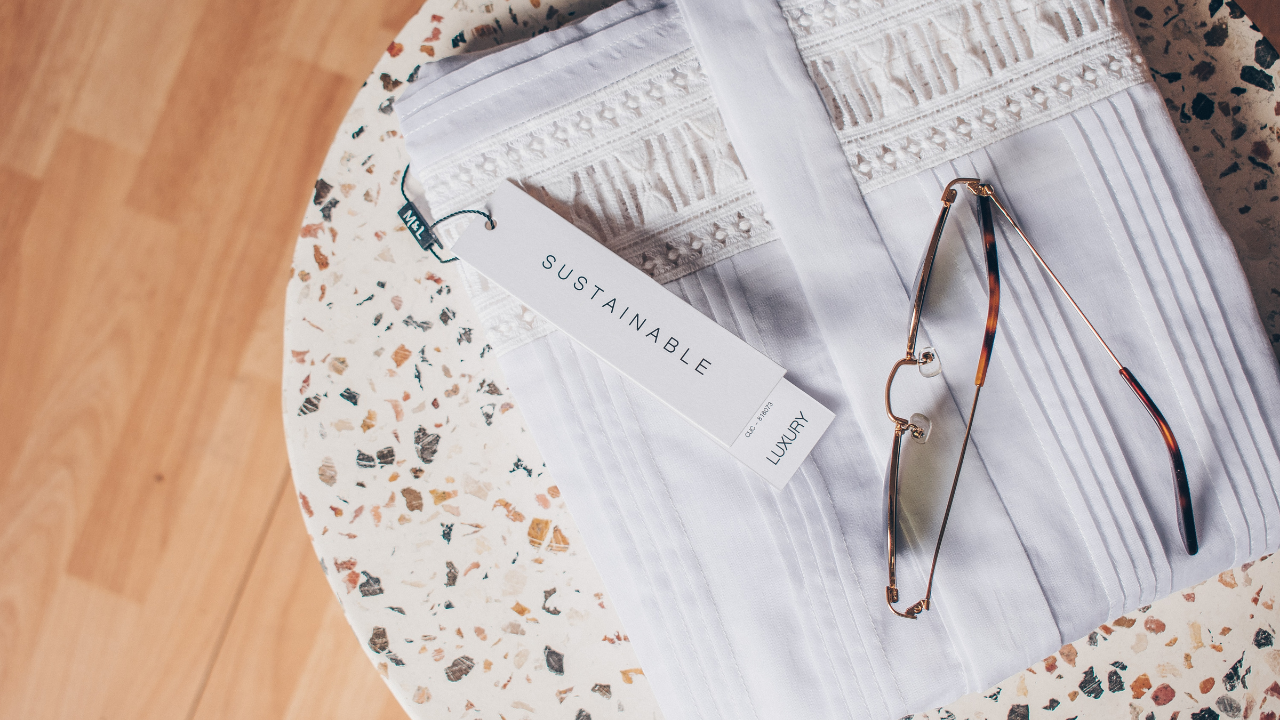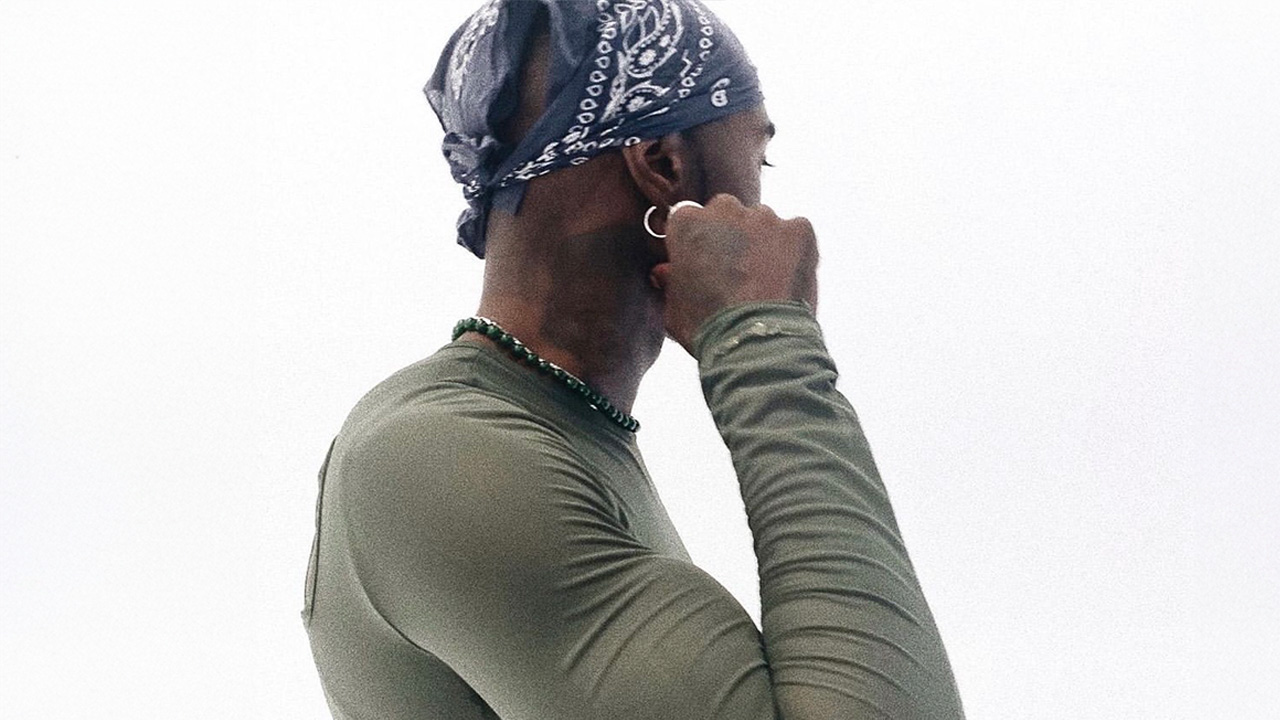
New Sustainability Course in Merchandising & Marketing Program
A new course introduced this year in the Merchandising & Marketing program, Sustainability & Social Responsibility (MRCH 2810) introduces students to the concept, history, and science of sustainability and its relationship to the business of ethical fashion. Authored and taught by FIDM Instructor Susan Spencer, the coursework topics focus on the development of eco-friendly materials, responsible manufacturing and distribution, and how companies are integrating social responsibility for the environment into their corporate philosophy and business practices.
The main text Spencer references in the course is "The B Corp Handbook," by Ryan Honeyman and Tiffany Jana. B Corps are a global movement of more than 3,300 companies in 70 countries, including Patagonia, Ben & Jerry's, Kickstarter, Danone North America, and Eileen Fisher, that are using the power of business as a force for good. B Corps have been certified to have met rigorous standards of social and environmental performance, accountability, and transparency.
“I hope that five years from now, ten years from now, we’ll look back and say B Corporations were the start of the revolution,” says Yvon Chouinard, founder of Patagonia. “The existing paradigm isn’t working anymore—this is the future.”
Spencer introduces the students to the Ellen MacArthur Foundation, a UK registered charity which promotes the concept of a circular economy and works with business, policy makers, and academics.
Students learn about the Higg Index, an apparel and footwear industry self-assessment standard for assessing environmental and social sustainability throughout the supply chain. Launched in 2012, the Higg Index was developed by the Sustainable Apparel Coalition, a nonprofit organization founded by a group of fashion companies, the United States government Environmental Protection Agency, and other nonprofit entities.
Throughout the course, students keep an interactive sustainability journal, reporting their insights in a visual way that includes blog posts and video.
Jasmine Ilarde, who just graduated last month with her A.A. Professional Designation Degree in Merchandising & Marketing, with a Buying Emphasis, said, “Hands down my favorite part of the sustainability journal was the personal connection it encouraged me to have with the material that I was learning about. I think so much of the problem with fostering sustainability efforts today is the lack of internal connectivity. I think we often see the bigger problems of climate change and deforestation and get so overwhelmed by the bigger picture that we forget to start small and look within ourselves to find healing solutions to the problems. The sustainability journal encouraged me to have a sense of personal accountability that I never had before, and I think it was a very successful way to get us as students thinking more critically and personally about how we can help.”
The course inspired student Morgan Pence to create a blog on the topic of sustainability which she submitted as her final project. “Runway Morgan is a collective roadmap for those forging the still narrow path toward ethical and sustainable fashion,” her site states.
For an extra challenge, Spencer asks her students to give their final pitches in PechaKucha style, a Japanese storytelling format where a presenter shows 20 slides for 20 seconds of commentary each.
Photo | Jess @ Harper Sunday on Unsplash
Attend our Merchandising & Marketing Online Lecture Series event, The Art & Science of Fashion Buying, on Thursday, July 15, 2021, from 5:00 PM - 6:00 PM PDT. Register for the free event here.
Categories: Merchandising & Marketing




